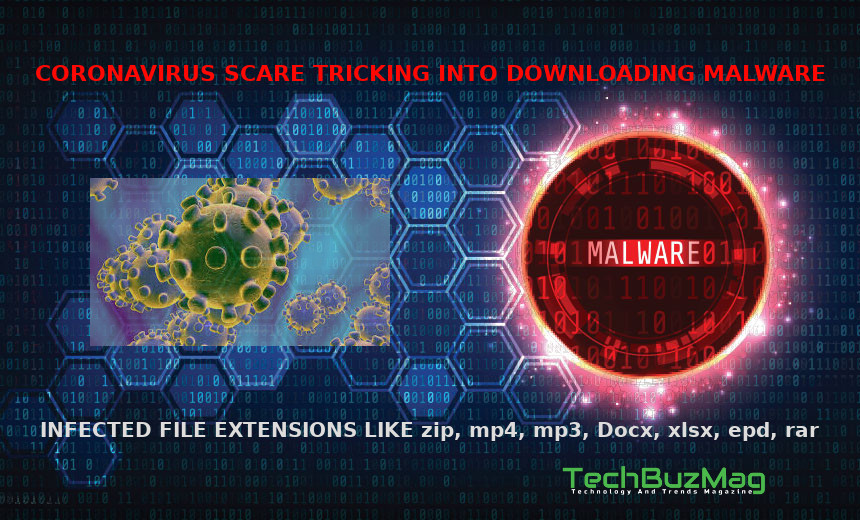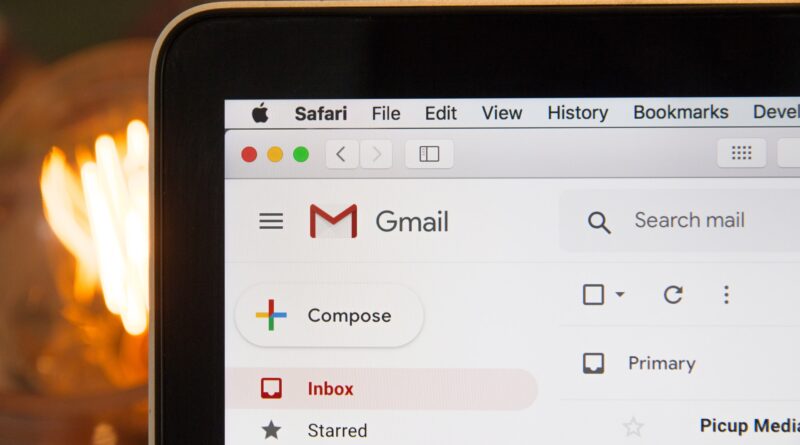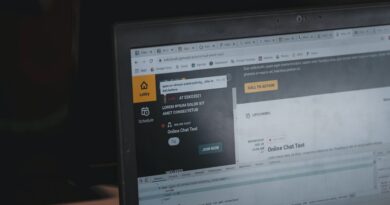Coronavirus chaos: resulting in cyberattacks and downloading malware.
The Novel Coronavirus COVID19 is declared as a pandemic by the WHO. The coronavirus scare and chaos are now being used by the hackers to trick people in the name of information files and tricking them into downloading infected malware. The list of some of the common file extensions which have been released by the hackers in the last few days shows about 23 file extensions. These files have been prepared by the hackers to encrypt the files, steal or exfiltrate the data, and drop backdoors.
Coronavirus – Emails with attachments of extensions.
The extensions include zip, mp4, mp3, Docx, xlsx, epd, rar.
Some of the names of the files found are
- origin-of-corona-cnn.mp4
- corona-health-update.pdf
- corona-safety-alert.docx
- covid19-mandatory-work-from-measures.pdf
- secondary-corona-infections.pdf

These files were discovered in early February. Some of the malware was detected in early December and January. These files contain information that varies from the original healthcare announcements and publications. These files are specially targeted to be downloaded in the user’s computer and infect it with the hidden malware.
The studies published in a report by Subex through its hacker trapping system show that there has been a decline in the number of cyberattacks in the health sector. But some of the phishing attacks have been found using social media links and emails forwards that have been found on an increase at the rate of 39 percent in India.
These emails contain the subject lines as –
- ‘1000 deaths due to coronavirus in the last 16 hours’
- The drug or treatment can save your life
- open the link to know the cure for coronavirus
- WHO seeking donation for coronavirus pandemic
Beware of such and similar titles of the subject emails.
The study has found that its target has been the employees that work from home. These employees are much prone to the attack as devices like routers can be hacked and used for a malware attack. The coronavirus chaos could be used to plant a trojan or backdoor that could be used later.
Interesting reads
- How can a password manager protect from phishing attacks?
- World Health Organization has advised some basic precautions for COVID19.
- Ayurveda treatments and immunity building foods to fight the Novel Coronavirus COVID19.
- Coronavirus chaos: resulting in cyberattacks and downloading malware. - March 12, 2020
- How can a password manager protect from phishing attacks - March 4, 2020
- Understanding Admin Dashboards – Using BI - August 19, 2019




Pingback: How can a password manager protect from phishing attacks - TECHBUZMAG